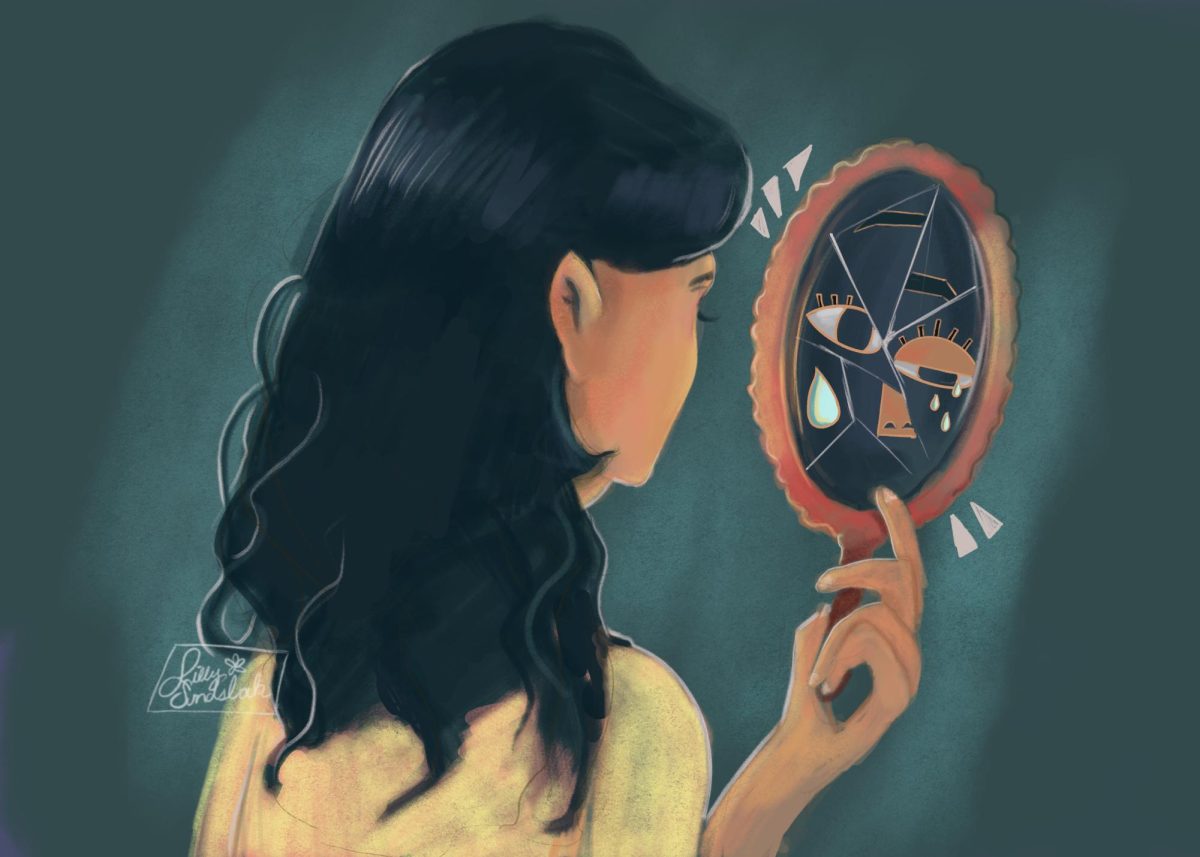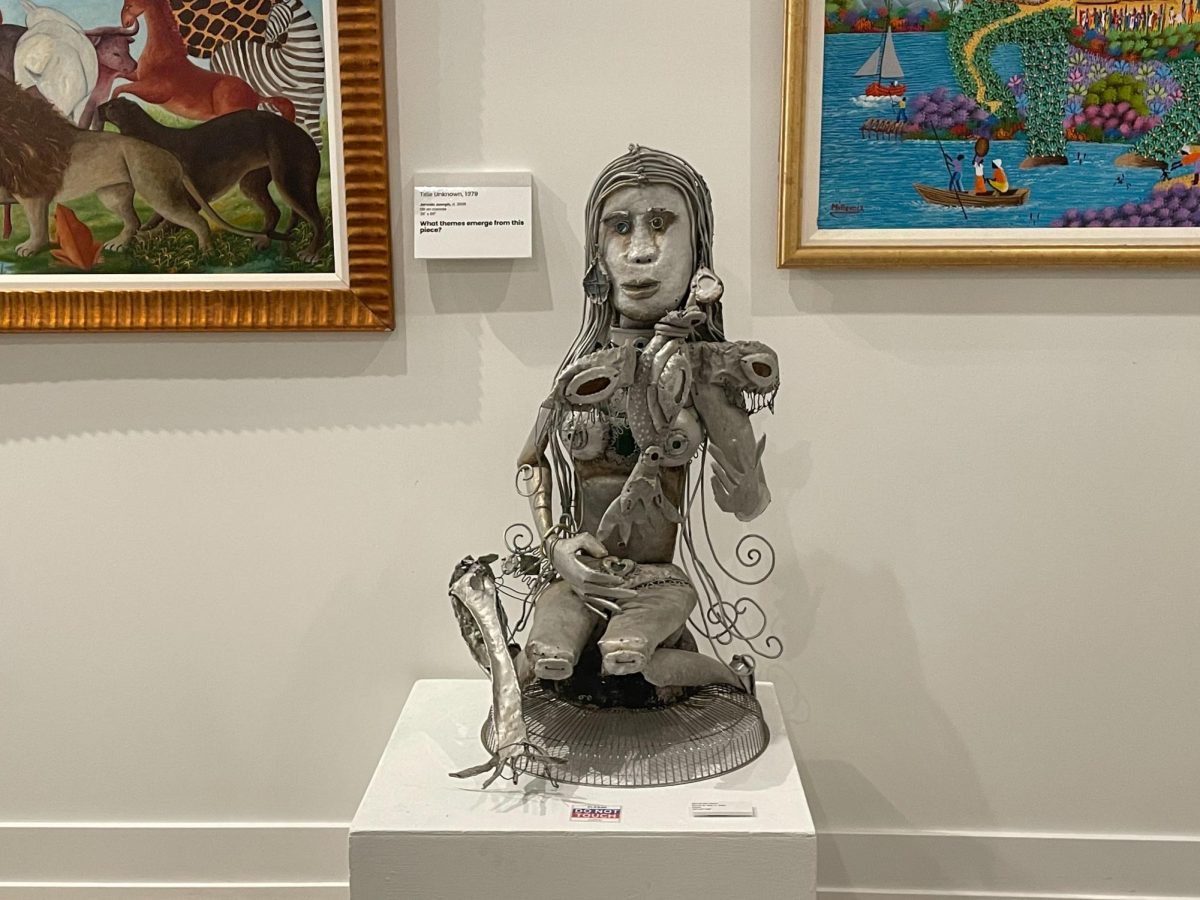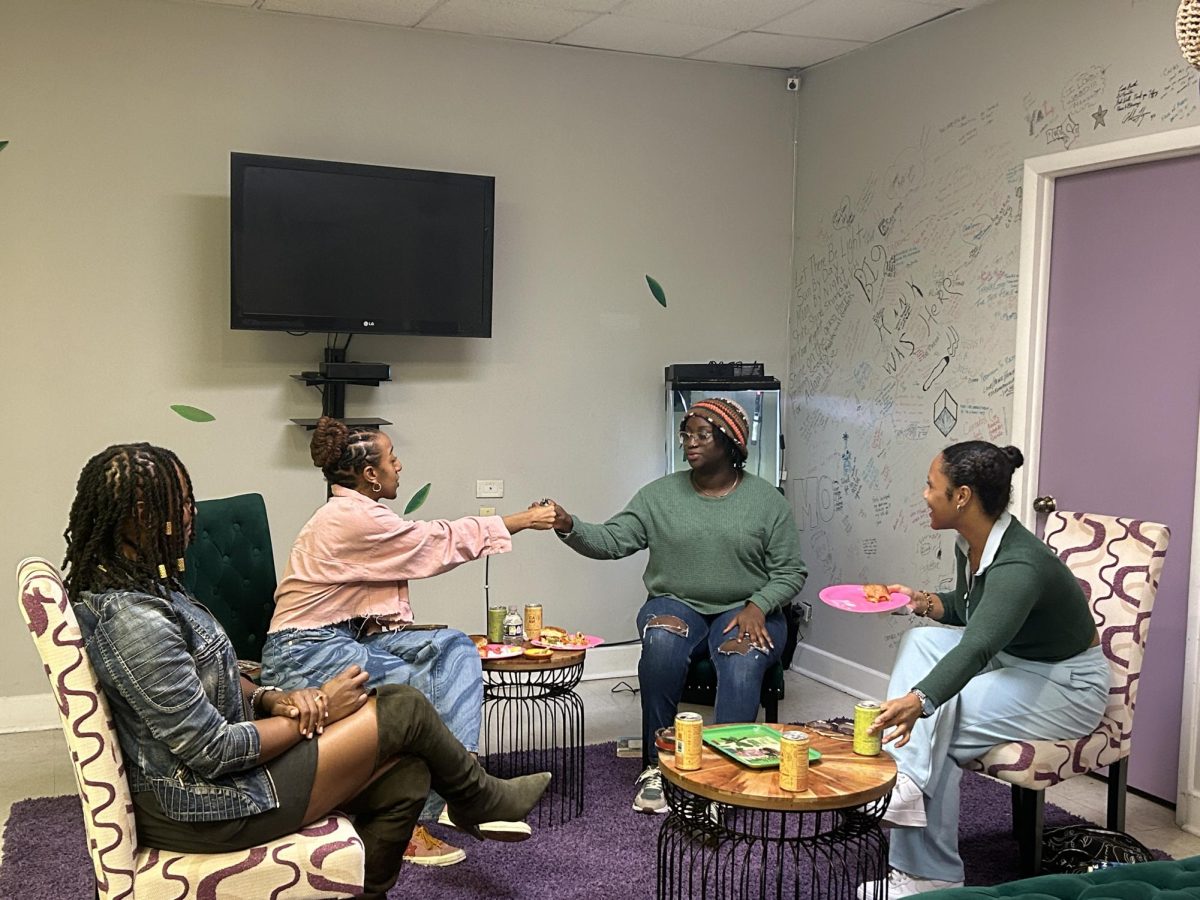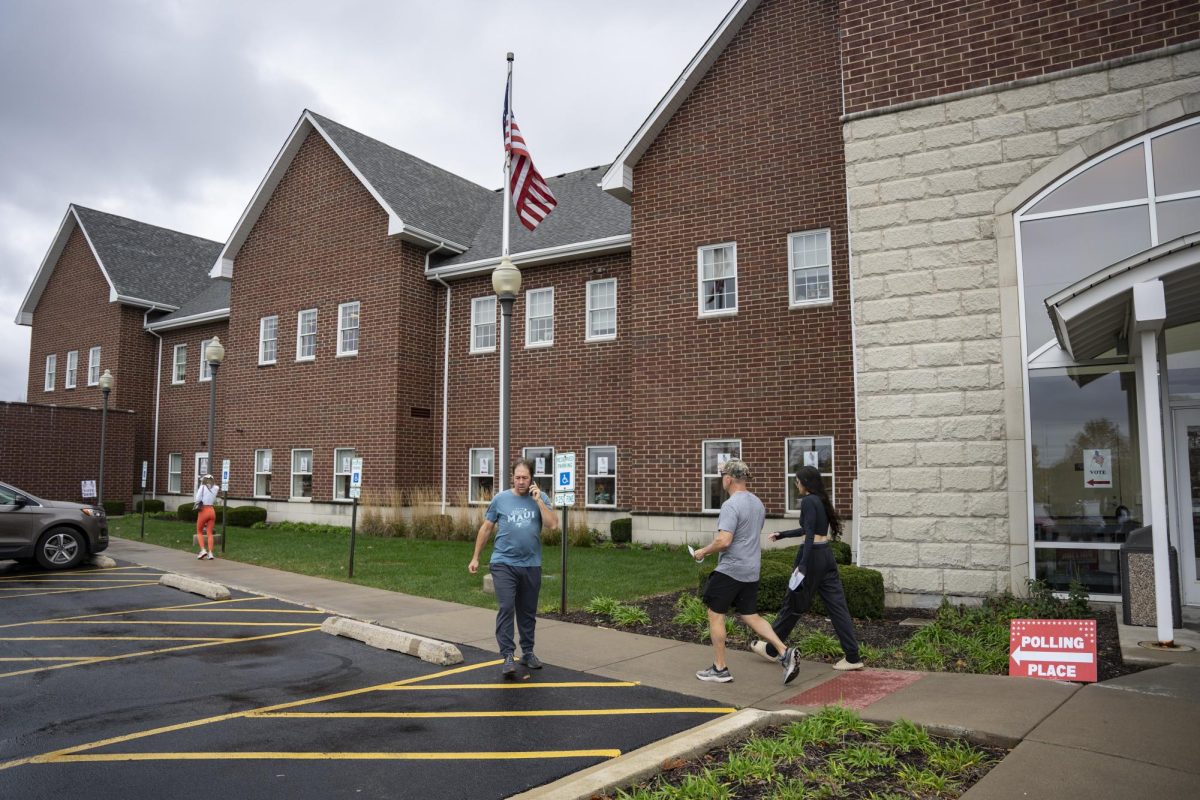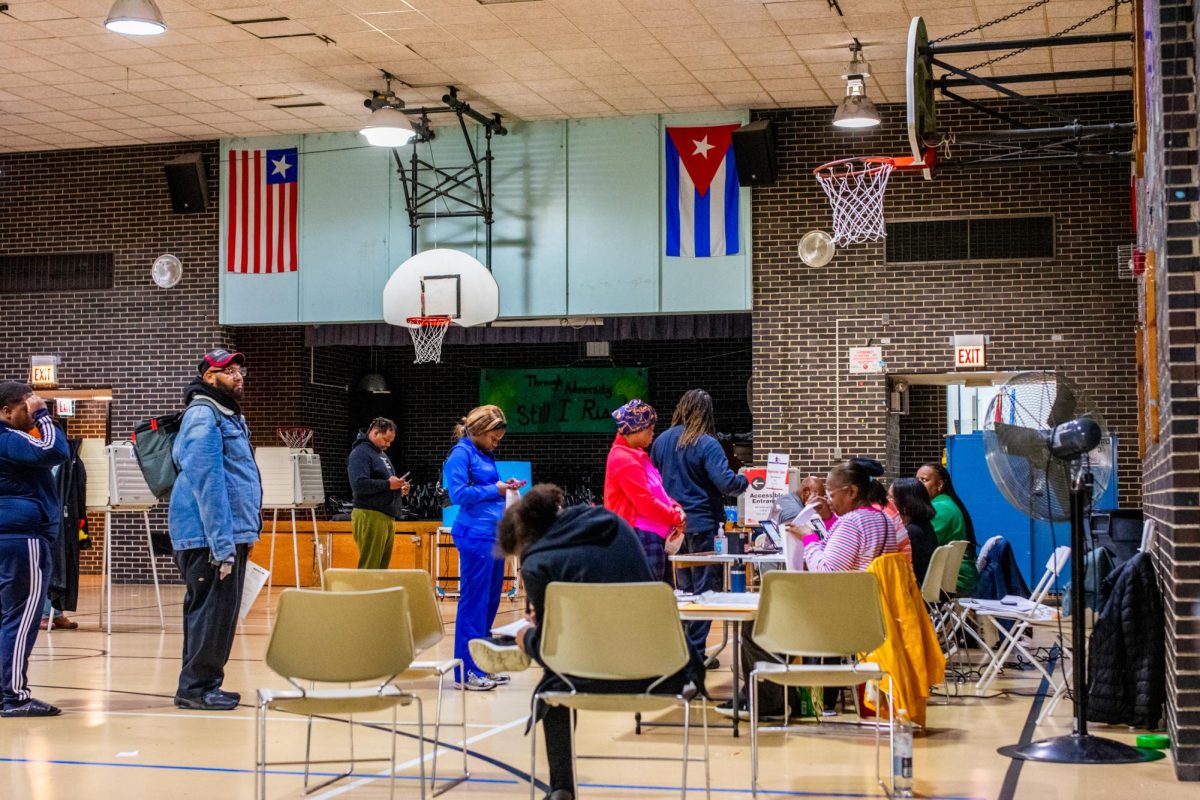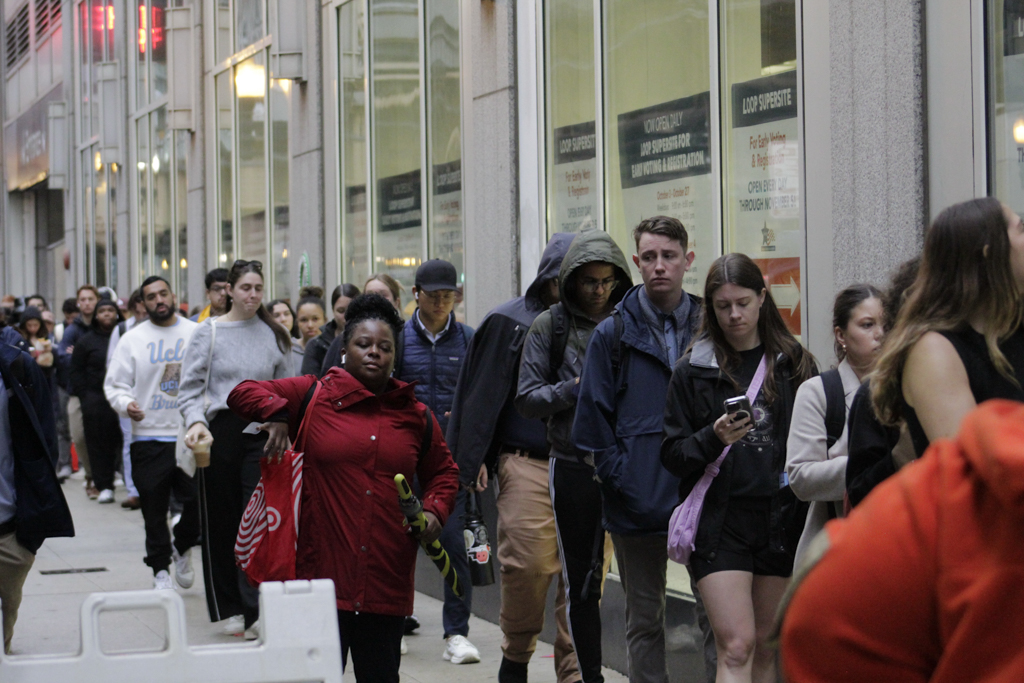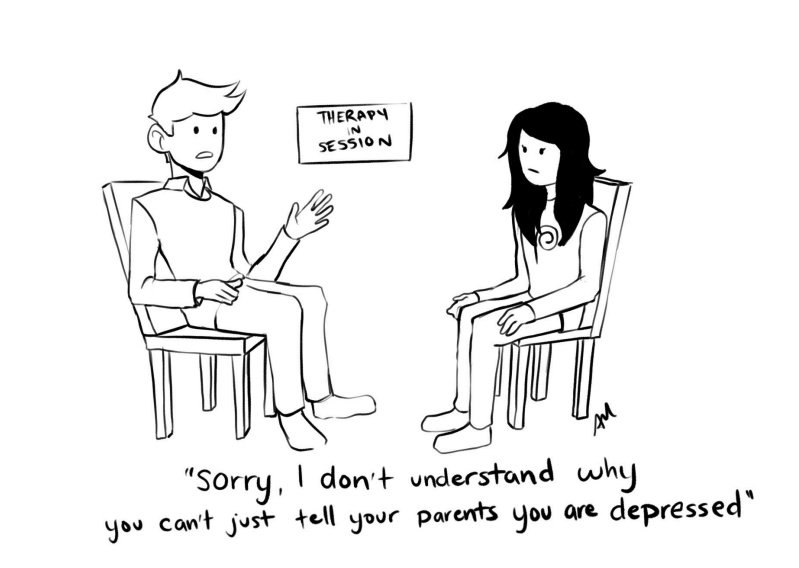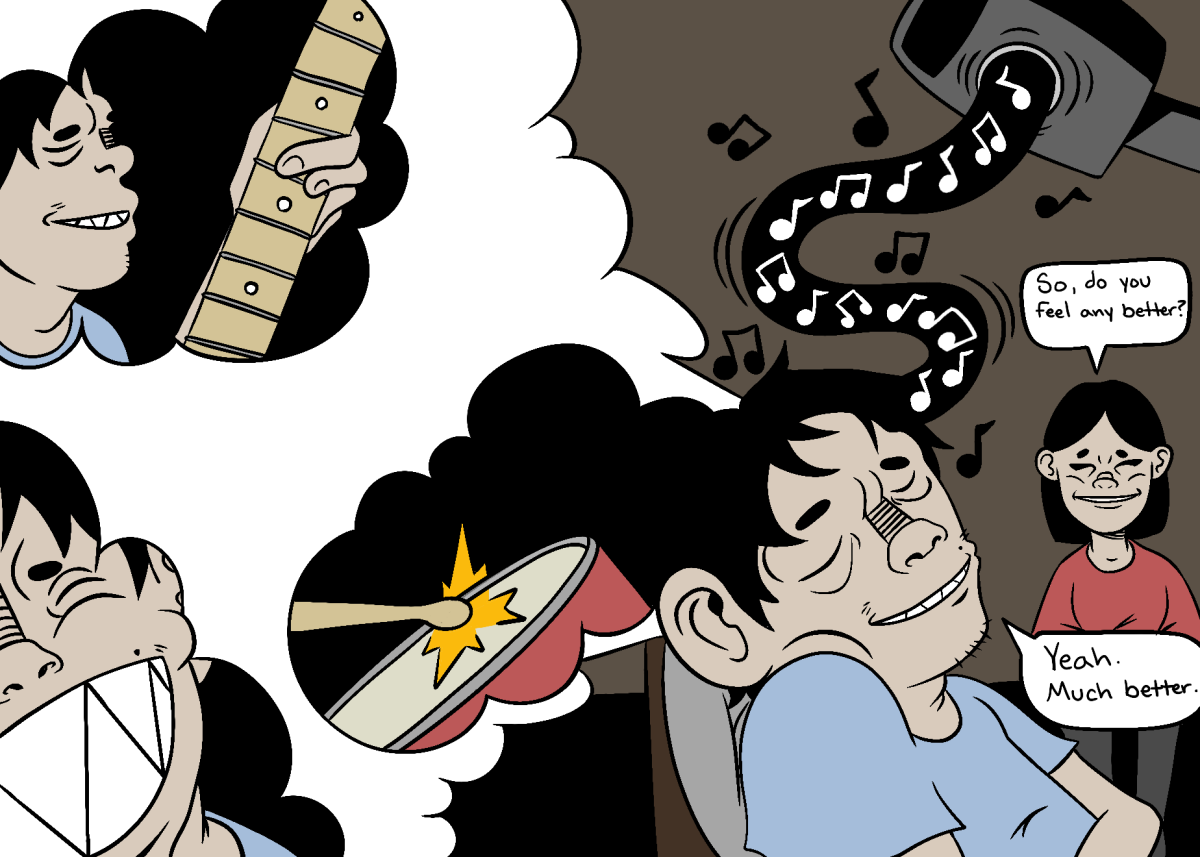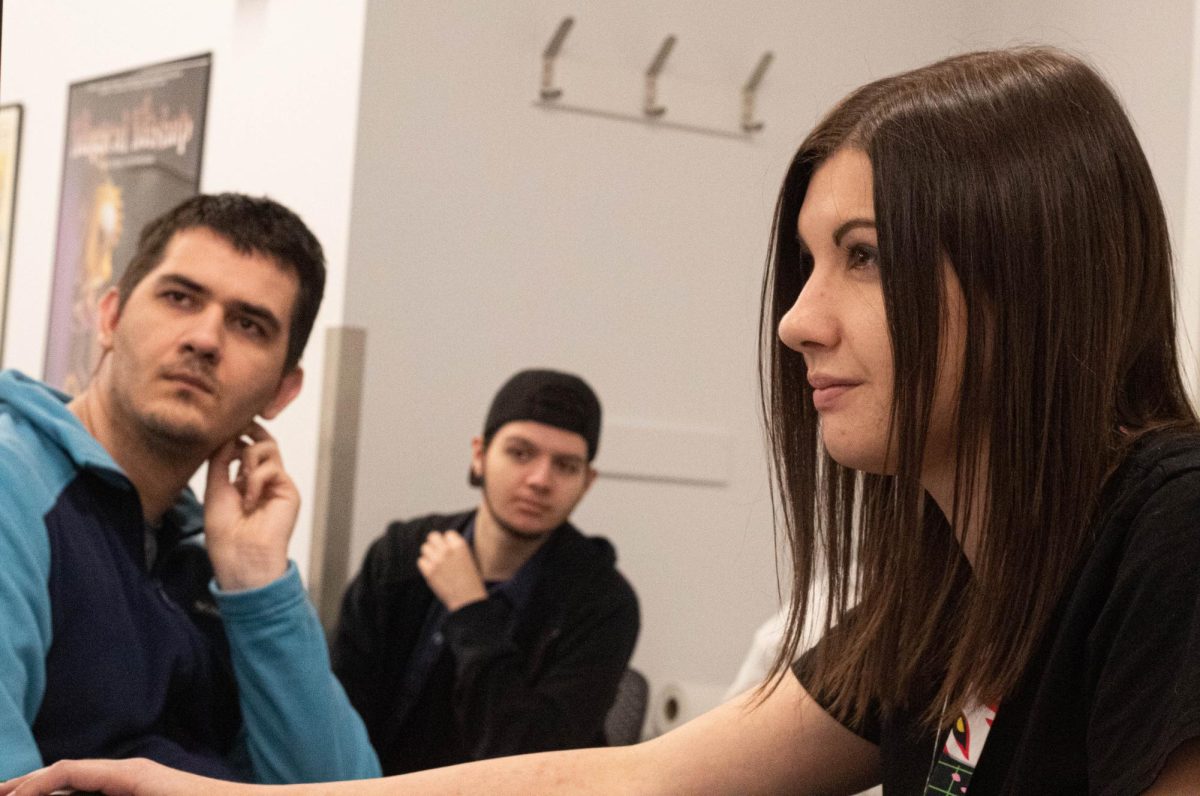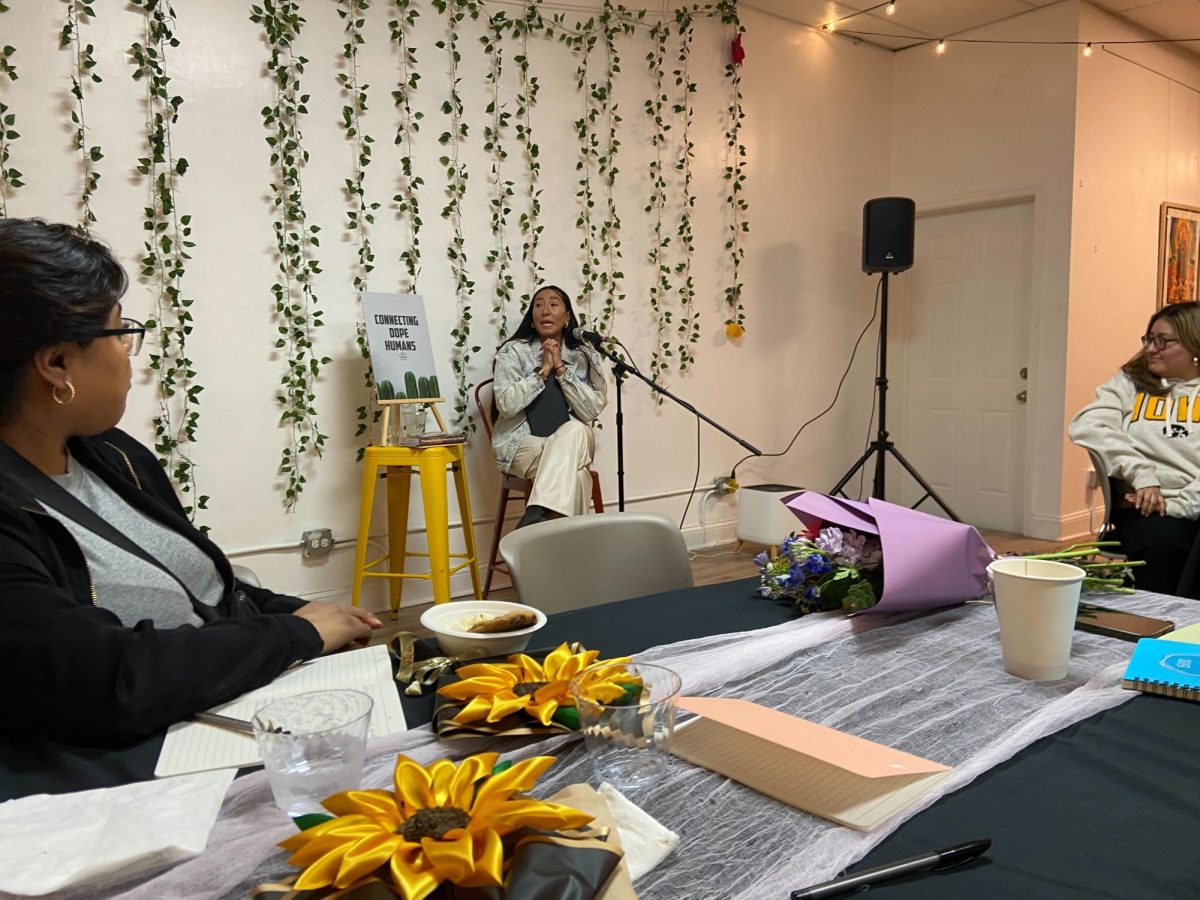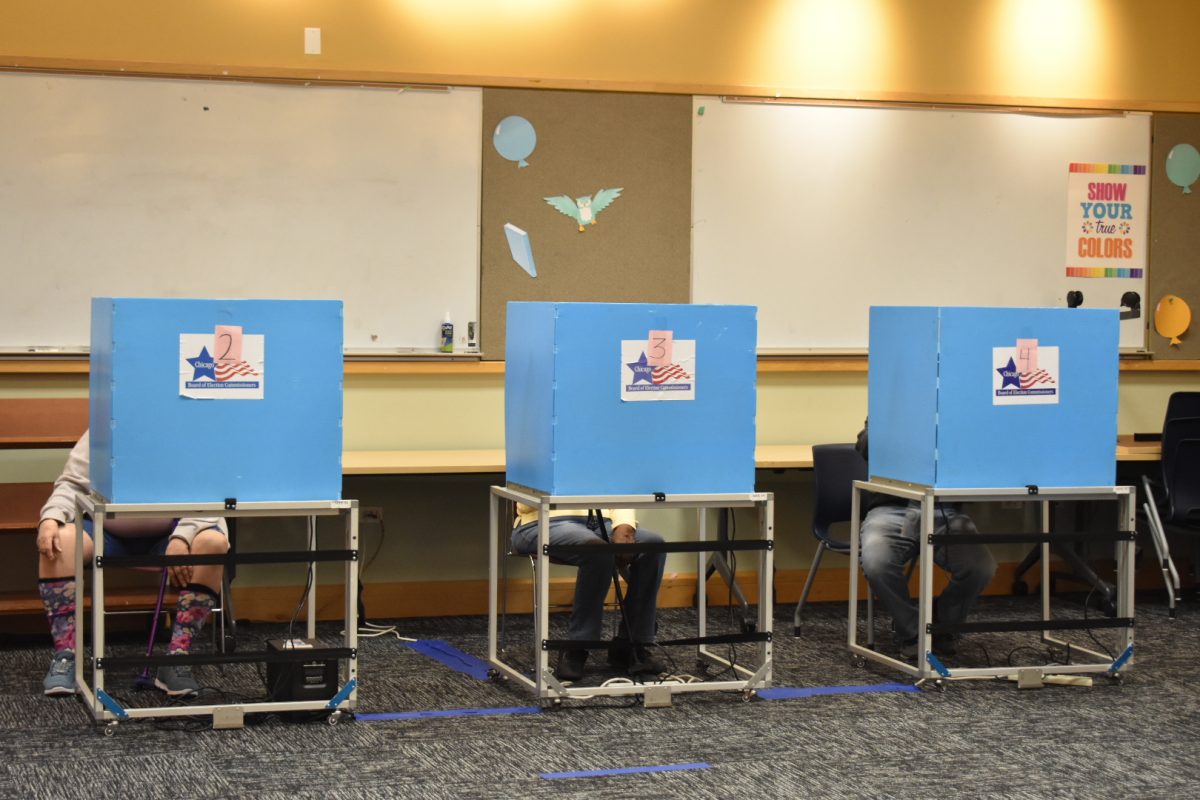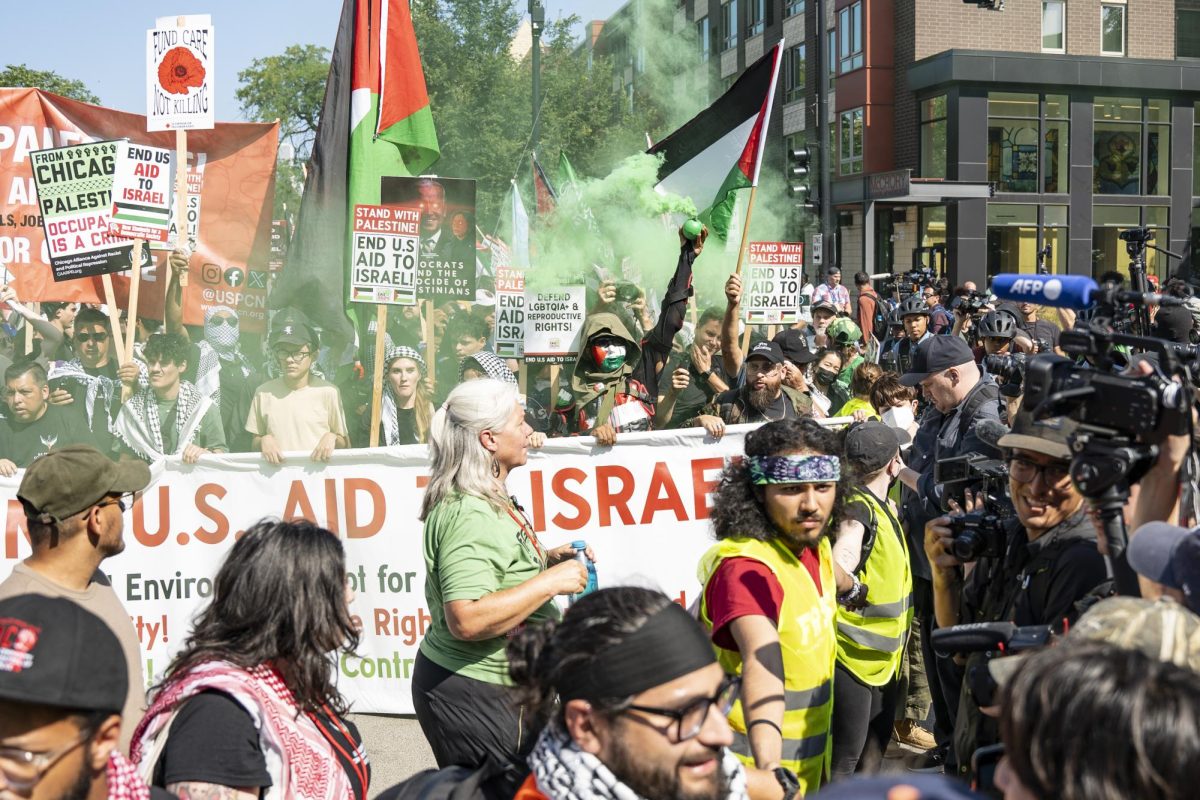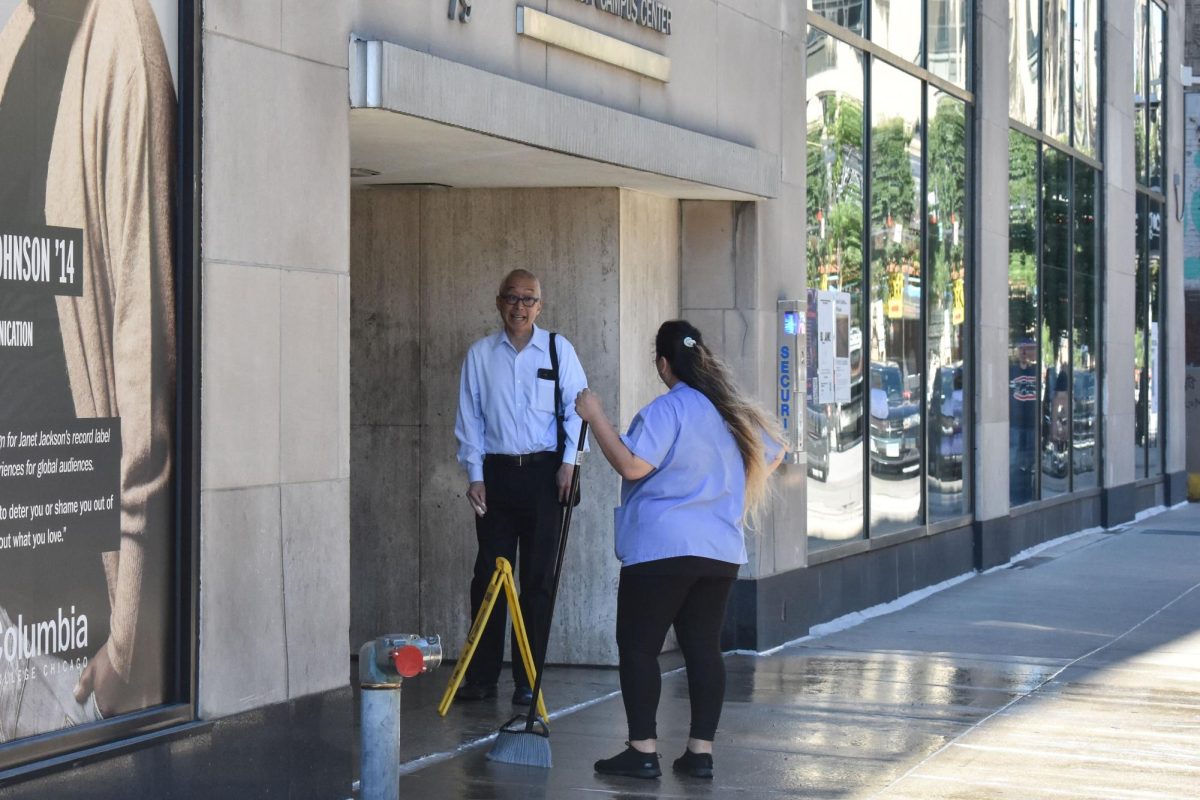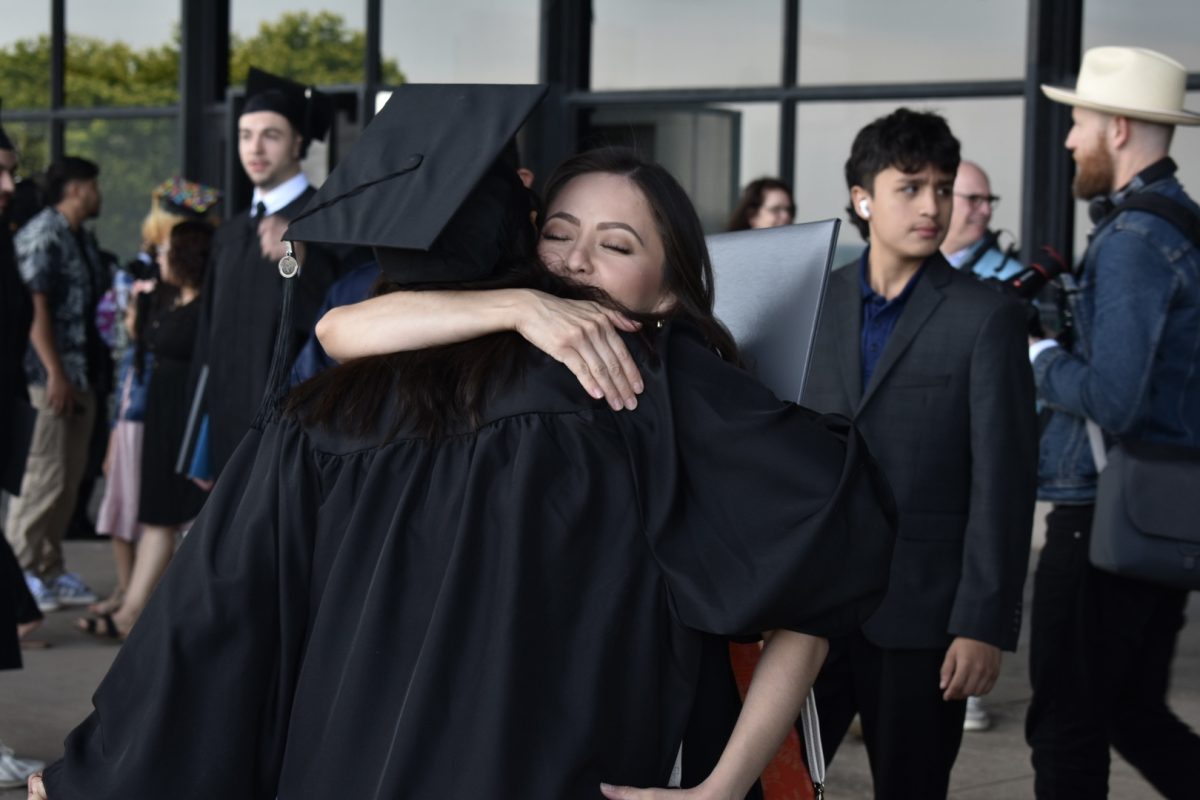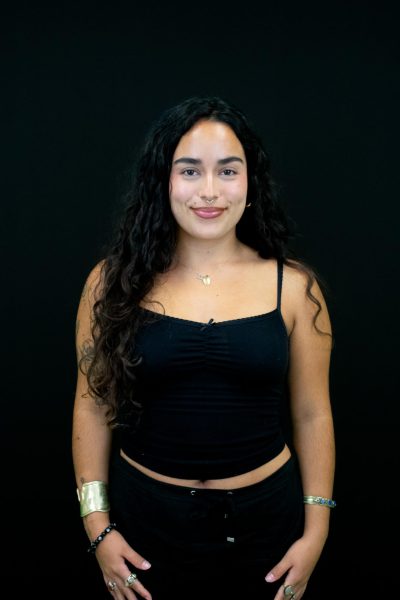MENTAL HEALTH ISSUE
In some Latino households, those who have any sort of mental health illness are considered “locos” — the Spanish word for crazy. Latinos are more likely than non-Latino white people to feel a sense of shame if a family member suffers from a mental illness.
Admitting the need for mental healthcare can be especially difficult for first-generation immigrants.
“A lot of groups see it as an indication of weakness [or] a character defect, as opposed to, it’s a natural reaction to environments of high stress or a great loss,” said Ané M. Maríñez-Lora, a research assistant professor at the University of Chicago, who focuses on the cultural adaptation of evidence-based interventions in mental health services. “By giving yourself such a hard time and by saying you’re weak because you can’t handle it, you make yourself feel worse.”
Subsequent generations may inherit the stigma and also avoid seeking help – or even feel they aren’t entitled to it.
“Therapy or mental health services aren’t just for somebody who has gone through a traumatic event,” said Marilyn Rodriguez, a bilingual psychotherapist and the community liaison for Latinx Talk Therapy. “Sometimes day-to-day stressors that we may see as small are impacting our ability to engage, to relate to others and how we’re engaging in our daily functioning.”
This stigma causes many Latinos to avoid seeking help.
“Latinos tend to receive less services,” Maríñez-Lora said. “It’s also very common that they wait a long time until it gets very bad. They wait longer than white, middle-class families to get help and so their symptomatology tends to be higher.”
Lowering the barriers:
Even when they do seek help, Latinos can encounter language and cultural obstacles. Only 6.3% of the therapists in the United States are Latino, according to the American Psychological Association Center for Workforce Studies. In Chicago, the ratio of Latinos to Spanish-speaking therapists is 2,462:1.
This is the gap Latinx Talk Therapy seeks to bridge by providing bilingual services from Latino therapists. All the therapists at the cognitive behavioral therapy clinic, which opened in 2020, speak Spanish and English.
Latinos suffer from the same issues as other groups – depression, anxiety, stress, guilt, suicidal thoughts, anger and hopelessness – but they process them through a different cultural lens and sometimes in a different language.
“We try to bridge the gap in access to mental health services for the Latinx community,” Rodriguez said. “Our therapists specialize in Latinx mental health.”
Many immigrants or first-generation Latinos tend to lean more towards Spanglish when they communicate and others speak broken English. There are words in Spanish that they don’t know in English and vice versa, which can lead to problems when they try to explain their experiences and traumas.
Providing therapists who speak both English and Spanish is a way to overcome the language barrier that often discourages many from reaching out for help.
“Sometimes we don’t recognize that language can be a factor in being able to express yourself and being able to communicate what you’re struggling with,” Rodriguez said.
The clinic’s cognitive behavioral therapy approach explores how an individual’s mental schemas and thoughts influence their emotions and behaviors — another place where culture plays a role.
“Depending on the stories that we’re telling ourselves and on the different beliefs that we’ve internalized, whether it’s through society or culture or from individual experiences, all these beliefs are impacting how we’re feeling and that is either motivating us or not to take action,” Rodriguez said.
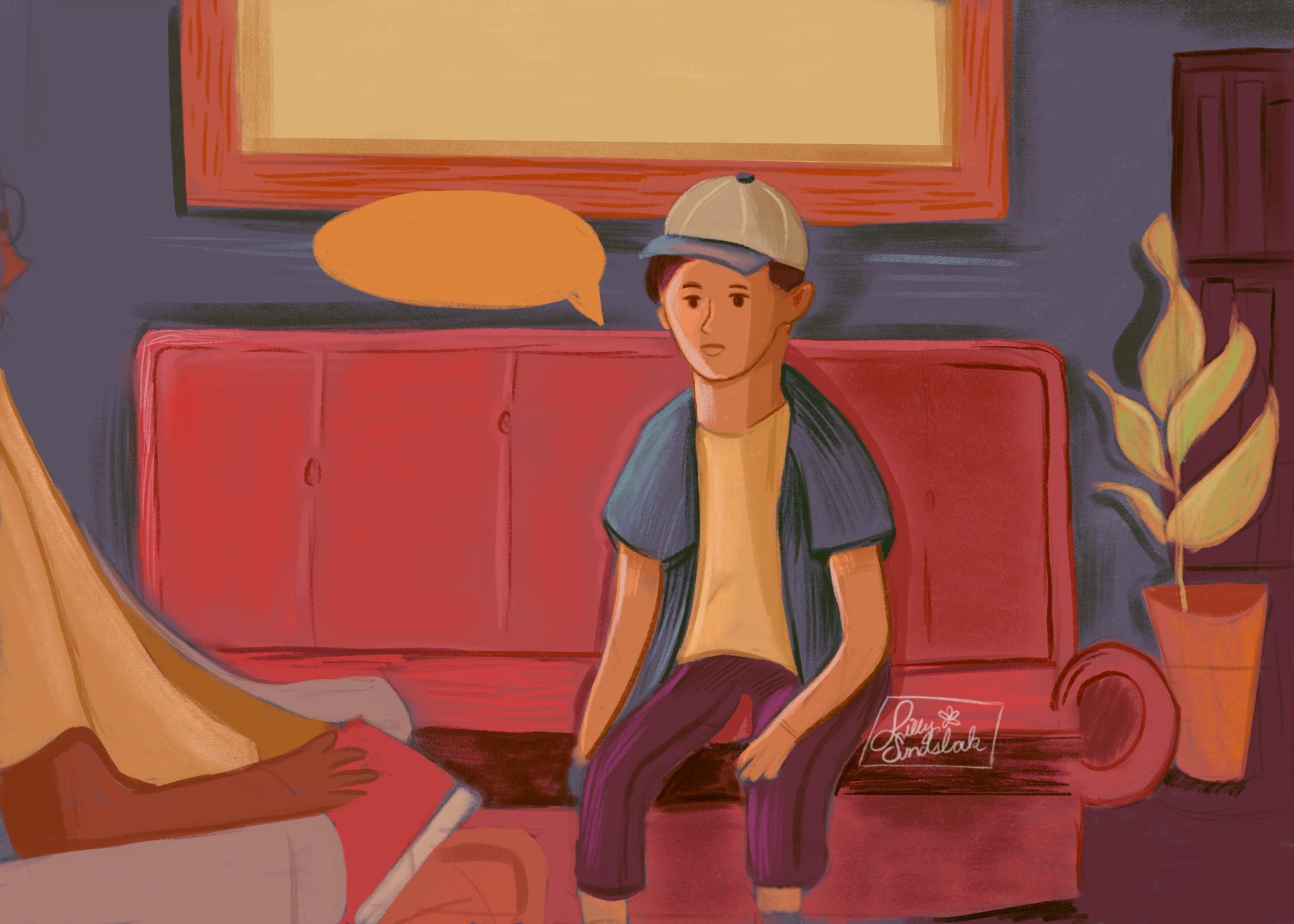
Taking up space:
Still, not everyone is able to access help at Latinx Talk Therapy.
Those without insurance may find the cost prohibitive and those without transportation may struggle with the clinic’s location in downtown Chicago. And yet, the location downtown on Chicago’s Michigan Avenue, serves a purpose too.
“The message that we want to send out is that as Latinx individuals, we also get to take up space, we belong downtown and we should have our identities be seen,” Rodriguez said.
When Rodriguez first started working at LTT, there were only four therapists in the clinic, now there’s a team of 50. Over the past five years, she has noticed how their services have started to gain traction.
“A lot more people are now aware of the services that we provide, a lot more people are sharing their experience in therapy, so we’ve definitely increased in caseload and capacity,” Rodriguez said.
Their internship program allows them also to provide pro bono services to individuals, although they currently only have a handful of interns at the clinic.
Intern Darío Zamorano is a first-generation Mexican American who focuses on working with BIPOC, Latinx and LGBTQIA+ identities. Zamorano has provided pro bono group therapy sessions at Latinx Talk Therapy since August 2023. He handles eight to twelve clients weekly and 30 to 50% of his sessions are in Spanish.
“Having a shared language means being able to not only understand each other linguistically but also understanding one another relationally,” he said.
One of the first groups Zamorano developed was for emerging adults, ages 18 to 29, to help them develop skills for responding to their current problems, tolerating stress, regulating their emotions and navigating relationships.
“I’ve never had the space to connect with my community,” he said regarding his work for Latinx Talk Therapy. “Any other experience doesn’t give me the access to provide care and develop a philosophy of care that’s specifically geared towards the Latinx community.”
The key to Latinx Talk Therapy’s success is breaking through the stigmas and connecting on a deeper cultural level based on a shared understanding of values and traditions.
“As a professional, I’m here to support you to help you reflect and help you understand your experiences better,” Rodriguez said. “Building that rapport and building those relationships is what helps us create a bigger impact and create more of that therapeutic alliance.”
“There’s research indicating that adaptations of evidence-based practices really do help Latino families or other families of color,” Maríñez-Lora said. “But the truth is, the biggest piece is engaging families in services.”
Copy Edited by Myranda Diaz
Resumen En Español:
Inmigrantes de primera generación tienen dificultades buscando servicios de salud mental a causa de barreras como idioma, transportación y los estigmas sobre salud mental. La comunidad latine sufre de varios problemas como otros grupos, pero lo procesan en una diferente perspectiva cultural. Latinx Talk Therapy es una clínica terapéutica que abrió en 2020 para proveer servicios bilingües para la comunidad. La terapia de la clínica explora los pensamientos y esquemas mentales y la conexión a los comportamientos y emociones de las personas. Incluso cuando buscan ayuda, la comunidad latine puede encontrar obstáculos idiomáticos y culturales. Sólo el 6,3% de los terapeutas en Estados Unidos son latinos, según el Centro de Estudios de la Fuerza Laboral de la Asociación Estadounidense de Psicología.
Resumen en Español por Uriel Reyes


